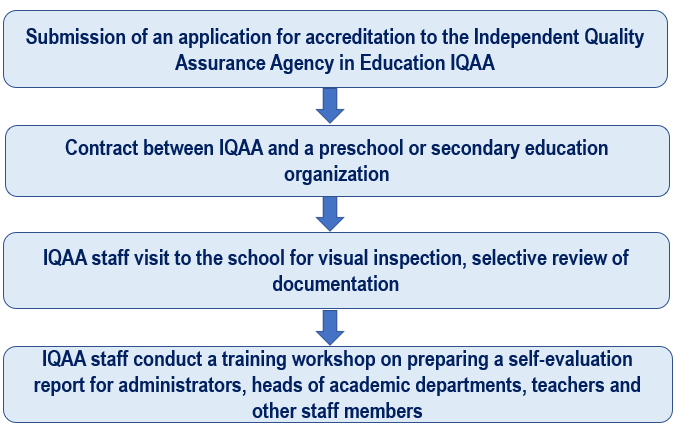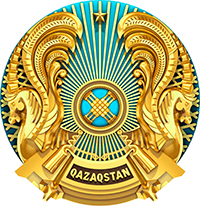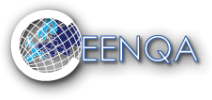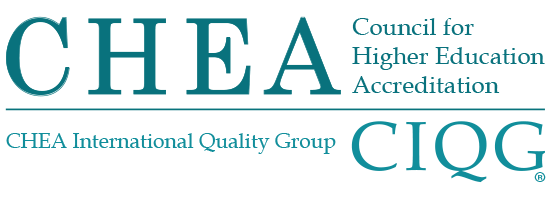School management must establish a system that ensures the physical, emotional and cognitive well-being of all participants in the learning process. This standard defines how the school assesses and manages safety risks and how safety and health regulations are developed and updated. It is important that the school conducts regular training sessions, trains staff and students in emergency situations and co-operates with local services to ensure safety. The standard also includes requirements for monitoring safety, reviewing documents, and establishing a system to prevent child abuse, bullying, and harassment, which contributes to a safe educational environment.
The school must have an effective access control system for visitors, volunteers and others, including registration at the entrance, CCTV and strict access rules, which helps to prevent unauthorised entry to the premises. In addition, an important element is the provision of healthy and balanced meals for students that meet hygiene and sanitary standards. Having and adhering to written instructions on the storage and administration of medication is another important consideration. The school is required to develop procedures governing the safe use of medication, including staff responsibilities and parental information policies.


 Ministry of Science and Higher Education of the Republic of Kazakhstan
Ministry of Science and Higher Education of the Republic of Kazakhstan 


 Ministry of Education and Science of the Kyrgyz Republic
Ministry of Education and Science of the Kyrgyz Republic




